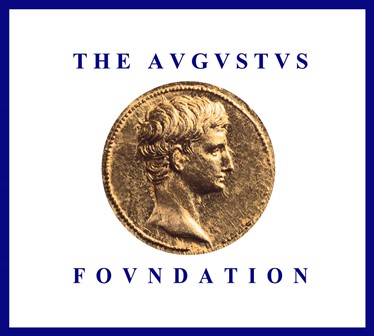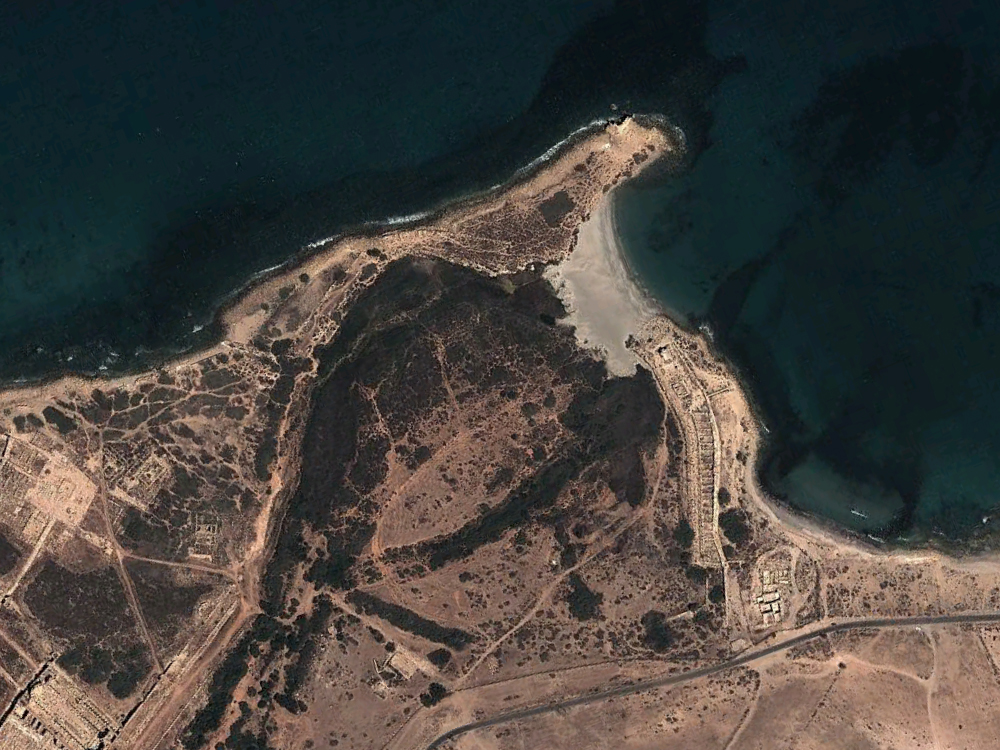
|
 |
- Home
- News
- Team
- Databases
- Conferences
- Oxford Studies on the Roman Economy
- Coin Hoards of the Roman Empire Project
- Affiliated Projects
- Publications
- Bibliographies
- Working Papers
- Links

OXREP/CCJ Workshop on Coastal Life in Roman Times
15-10-2012 | ||||
On November 15, 2012, The Oxford Roman Economy Project and the Centre Camille Jullian will organize a workshop on coastal life in Roman Times. The workshop will take place at the Ioannou Centre for Classical and Byzantine Studies in Oxford. Attendance is free, but in order for us to organize numbers, please register through coastal.life.in.roman.times@gmail.com. The full programme can be found here. The workshop will bring together young doctoral students from Oxford and the Centre Camille Jullian in Aix-en-Provence and will address questions such as: What are the determinants of the economic success of port cities both in the Roman period and in Late Antiquity? How did cities invest in their maritime export or import potential? How integrated were smaller coastal settlements, coastal villas, or more inland productive centres in the wider Mediterranean economy? Were these ports only connected with their own territory or also with the territory of more inland cities? Can we identify connectivity along coastal façades, and interaction of both larger and smaller ports with their coastal hinterlands? In recent years, economic historians and archaeologists have increasingly turned their attention to the role of maritime trade and the economic prosperity of the coastal regions during Roman times. The boom in the coastal economy across the Mediterranean is apparent in the numbers of recorded shipwrecks, over 1500 in the northern Mediterranean alone. Pan-Mediterranean commerce in the Roman period led to substantial growth of port cities and their associated foodstuff and amphora production infrastructures. Nevertheless, while much research has focused on large-scale ports such as Portus (Italy) and Caesarea Maritima (Israel), far less work has been undertaken on the concept of coastal life in Roman times. Indeed, the apparently simple picture of an overall increase in trade infrastructure during the Roman period may well overshadow important localised patterns of coastal development. Detailed analyses of the patterns in shipwrecks have revealed that regional and local dynamics, such as the increasing export-orientated wine and olive oil production of Gaul, Spain, the Adriatic and Africa, the decline in Italian wine exports to these regions and the adoption of different forms of container technology in the western Mediterranean, are clearly observable when the data are analysed at smaller scales. In addition, recent studies on demographics around the Mediterranean in Roman times suggest that a high percentage of the population was living on the coast. Regional studies of coastal economic life in the Mediterranean need to be further integrated in maritime research in order to produce a more fluid and comprehensible picture of the Roman coastal economies. Programme
9.30–9.45 Welcome 9.45–10.30 Katia Schörle: The coastal life of Lepcis Magna: recent archaeological discoveries
10.30–11.15 Alkiviadis Ginalis: New light on the economy and coastal life of Skiathos, Greece
11.15 – 11.45 Coffee Break 11.45–12.30 Hélène Rougier: Structures and networks of port activities in Aquileia: 1st century BC – early 3rd century AD 12.30–13.15 Alessia Contino: African amphorae from a storehouse in Testaccio, the commercial and harbour area of ancient Rome 13.15–14.00 Lunch 14.00–14.30 Raja Amri: Fishing and related activities in Roman North Africa 14.30–15.15 Gaëlle Delpy: Seasonality of coastal food–producing activities: a case study using zooarchaeological methodologies 15.15–15.30 Tea Break 15.30-16.15 Souen Fontaine: Roman glass trade in the Mediterranean and inland provinces: some considerations on the archaeological data from the harbours of the east coast of Gallia Narbonensis 16.15–17.00 Carmela Franco: Sicilian amphorae (1st–6th centuries AD): an economic analysis of production and distribution 17.00–17.45 Maxine Anastasi: Island interactions: Pottery from Roman Malta 17.45–18.30 Round Table discussions chaired by Marie-Brigitte Carre (Director of the Centre Camille Jullian-CNRS UMR 7299), Michel Bonifay (Centre Camille Jullian-CNRS UMR 7299), Andrew Wilson (University of Oxford), and Nicholas Purcell (University of Oxford) November 15-15, 2012: Ioannou Centre for Classical and Byzantine Studies, Lecture Theatre. Registration. Download: Download: Download: |  |
Webdesign, databasedesign: Miko Flohr, 2010-2024. Content: OXREP, 2005-2024.